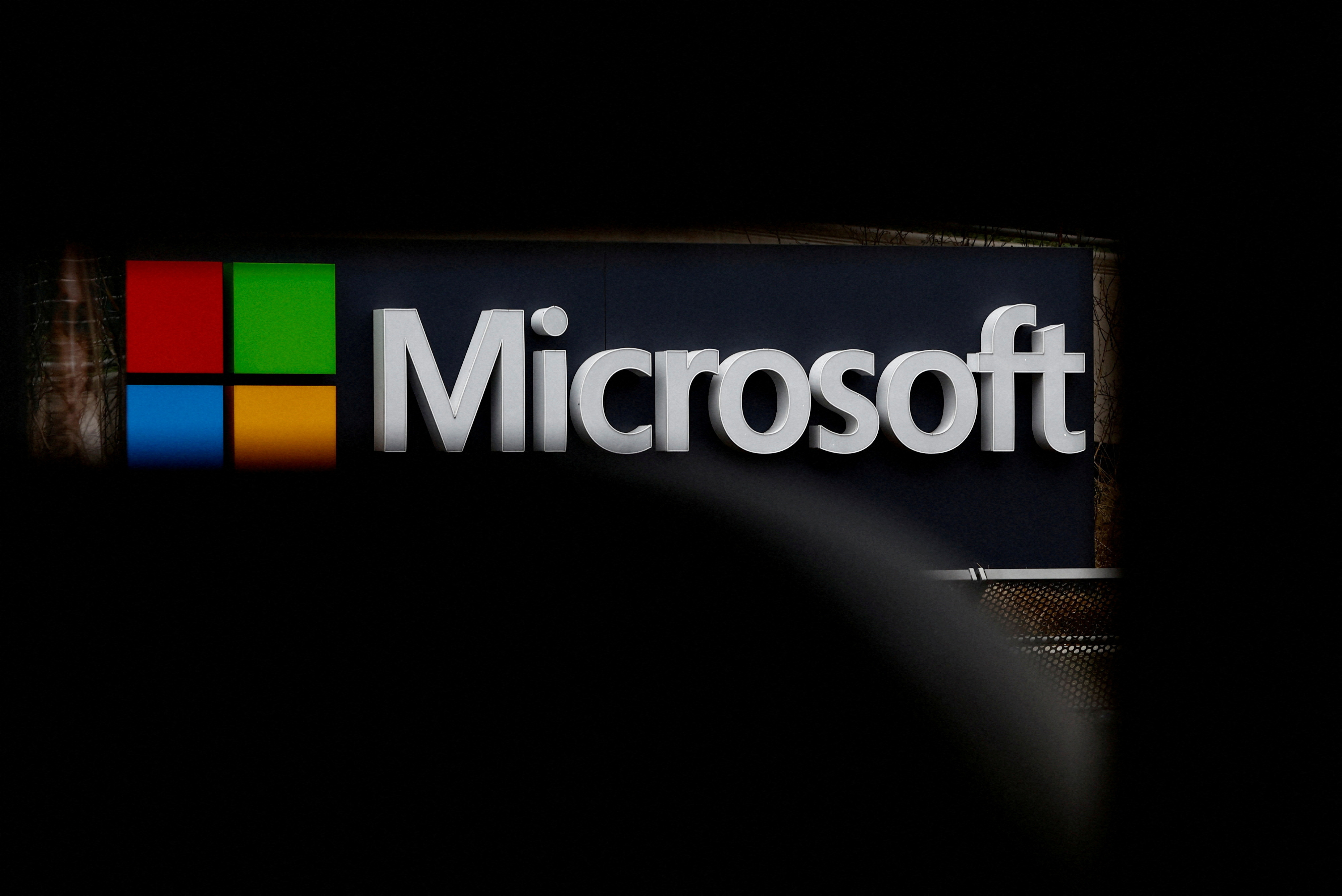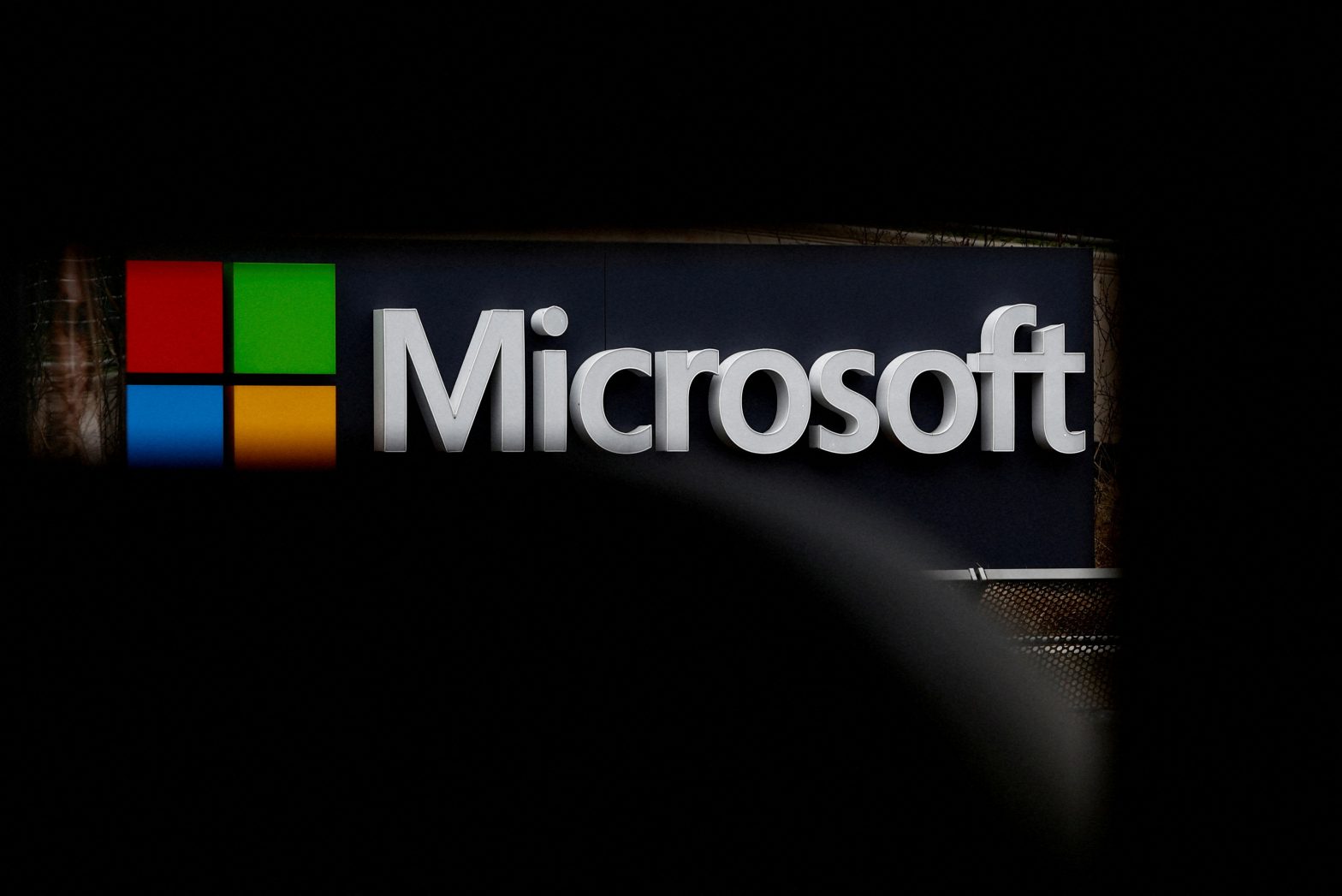
A view shows a Microsoft logo at Microsoft offices in Issy-les-Moulineaux near Paris, France, January 25, 2023. REUTERS/Gonzalo Fuentes/File Photo Acquire Licensing Rights
LONDON, Aug 22 (Reuters) – “Call of Duty” maker Activision (ATVI.O) will sell its non-European streaming rights to Ubisoft Entertainment (UBIP.PA) to get the biggest deal yet in video-gaming past British regulators, potential owner Microsoft (MSFT.O) said on Tuesday.
Britain’s Competition and Markets Authority (CMA) is the only regulator to block Microsoft’s $69 billion Activision deal, in a test of its post-Brexit clout.
Microsoft said on Tuesday it believed its new proposal was a “substantially different transaction” and that it expected the CMA review process to be completed before Oct. 18.
The CMA in a statement said the revised transaction would “allow Ubisoft to commercialise these rights to other cloud gaming services providers (including to Microsoft itself)”.
Ubisoft’s shares listed in Paris were up 6.5% at 0723 GMT, making them the top gainer on the pan European STOXX 600 (.STOXX) index.
The British regulator in July took the rare step of reopening its investigation into the deal after Microsoft said commitments accepted by the European Union and a new agreement with Sony constituted a material change.
But it said on Tuesday it did not accept Microsoft’s reasoning, forcing the U.S. giant to come back with a new deal to address its concerns over competition in the nascent cloud streaming market.
Under the new terms, Microsoft will not be able to release Activision Blizzard games exclusively on its own cloud streaming service — Xbox Cloud Gaming – or to exclusively control the licensing terms of Activision Blizzard games for rival services.
The new transaction deals with streaming rights outside the European Economic Area, reflecting the fact that Brussels had already approved the deal.
Ubisoft will, however, receive a non-exclusive licence for Activision’s European gaming rights too, enabling the French group to also stream the rights in the EU.
Reporting by Yadarisa Shabong in Bengaluru and Kate Holton in London; Editing by Rashmi Aich, Sachin Ravikumar and Barbara Lewis
Our Standards: The Thomson Reuters Trust Principles.
